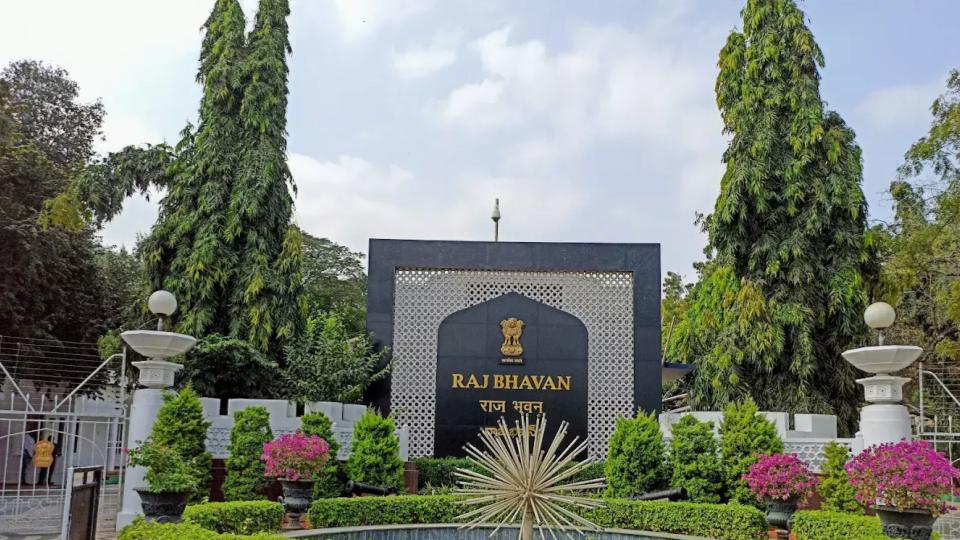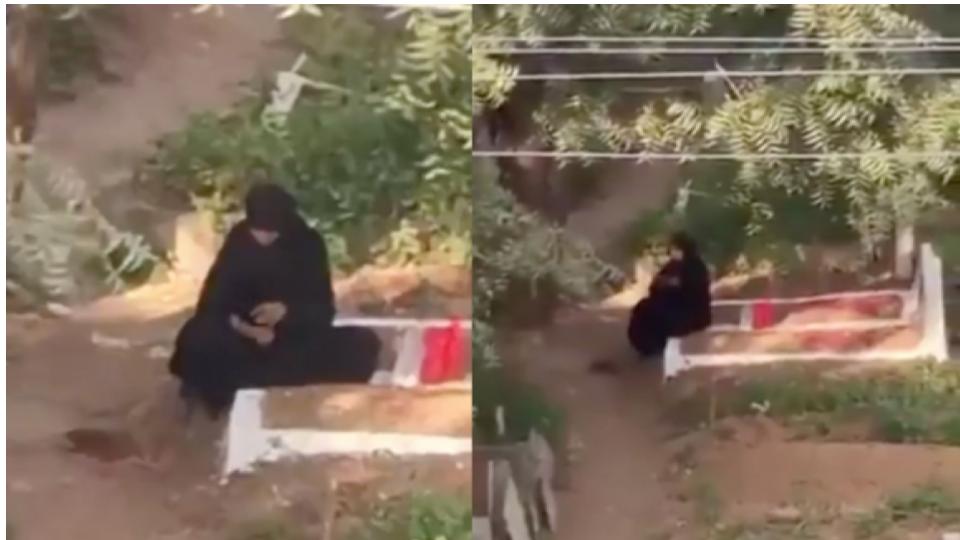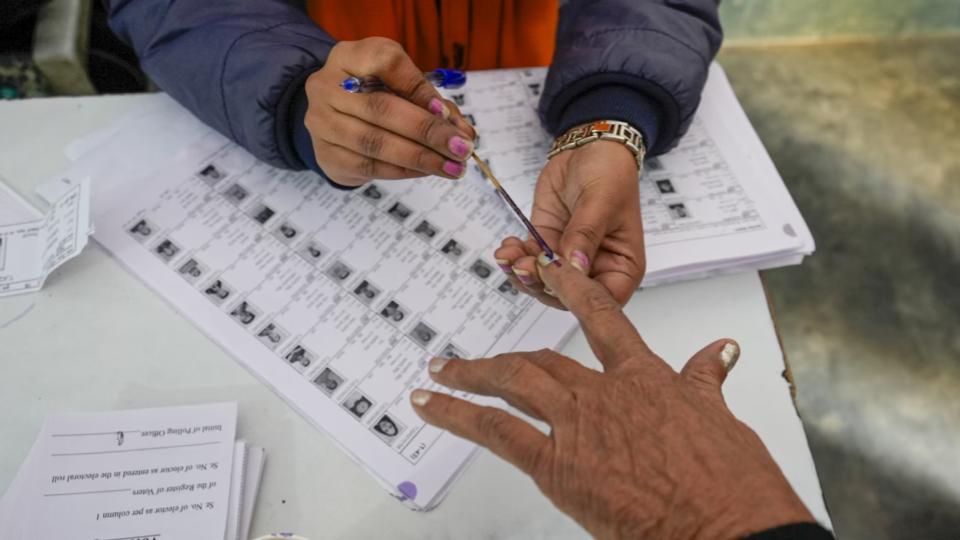Africa insects introduced in Jagtial to boost oil palm yield
Sat 27 Sep 2025, 15:00:25
.jpg)
To enhance oil palm yield, the Horticulture Department has introduced insects from Africa for cross-pollination in orchards across the district.
The insects, known as Elaeidobius kamerunicus, have already been released in some fields. Oil palm, cultivated over 3,000 acres in Jagtial three years ago, has now reached the flowering stage. However, natural cross-pollination has been hampered by the disappearance of native insects, with fertilisers and pesticides driving them away from orchards.
Without proper pollination,
yields are likely to decline. To address this, the Horticulture Department, with support from Lohiya Oil Palm Company, is importing the African insects, which play a crucial role in pollination.
yields are likely to decline. To address this, the Horticulture Department, with support from Lohiya Oil Palm Company, is importing the African insects, which play a crucial role in pollination.
Oil palm bunches have both male and female flowers. Drawn by the aroma of male flowers, the insects land on them and collect pollen grains on their bodies. When they later visit female flowers, the pollen is transferred, resulting in fertilisation and the conversion of flowers into fruits. This process also leads to the development of more bunches on trees.
No Comments For This Post, Be first to write a Comment.
Most viewed from Hyderabad
Most viewed from World
AIMIM News
Latest Urdu News
Most Viewed
May 26, 2020
Where should be the burial of the pilgrims martyred in the Saudi Arabia bus accident?
Latest Videos View All
Like Us
Home
About Us
Advertise With Us
All Polls
Epaper Archives
Privacy Policy
Contact Us
Download Etemaad App
© 2025 Etemaad Daily News, All Rights Reserved.





































.jpg)
.jpg)
.jpg)


